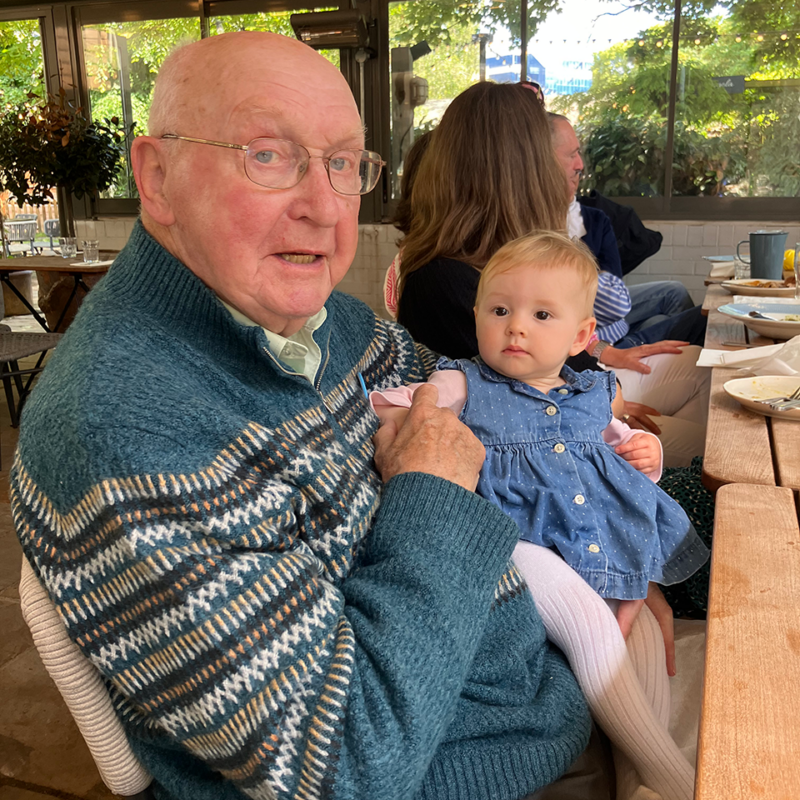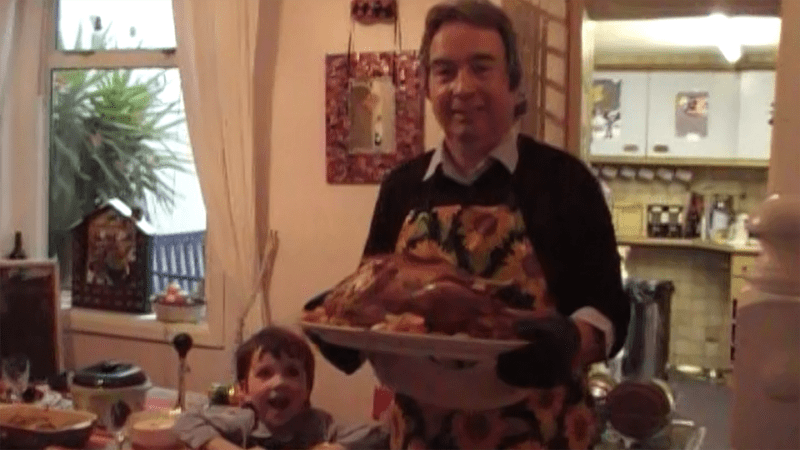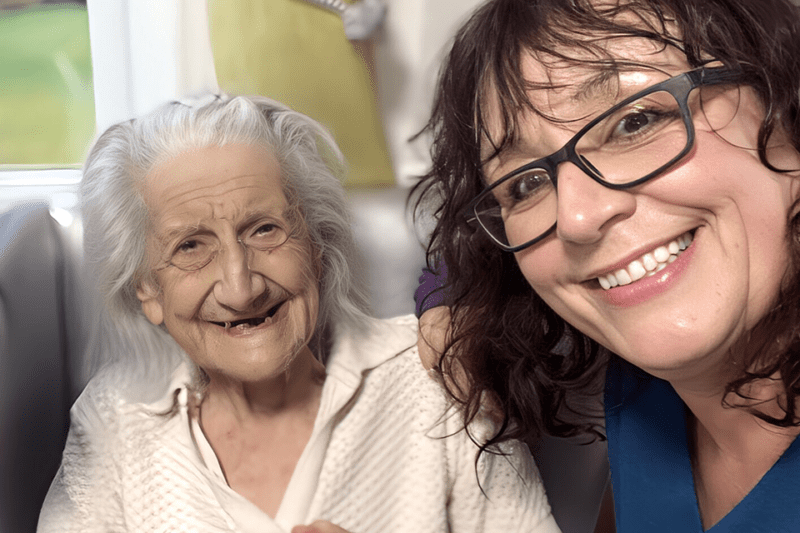
Caring for Dad, from near and afar – Simon’s story
Simon, who has lived in New Zealand for two decades, discusses how he cares for his dad who has Alzheimer’s disease and lives alone in the UK.

The death of someone close, even when expected has a huge effect on the whole family. Often, parents and adults avoid talking to young people about the death of a loved one as a way of protecting them. Children and teenagers experiencing loss may not know how to express their feelings. They may need additional understanding and support to do so. Recognising your own grief and the support you need is also important, so you can help your child deal with their own loss too.
Caring for someone with dementia can lead to anxiety, stress and feelings of loss. These feelings can often occur even before the person with dementia has died. As the person’s abilities start to change there can be a feeling of loss, sadness and even anger. This is called anticipatory grief. Children may experience this, especially if their relationship with the person changes significantly. They may take on more of a caring role and feel they should behave differently around the person with dementia. They can feel they are losing a family member who was previously involved in caring for them. They may feel that they can’t talk about it and express their emotions through behaviour. Anticipatory grief is normal, but it is not spoken about as much as grief associated with death.
Our virtual clinics give you the chance to discuss any questions or concerns with a dementia specialist Admiral Nurse by phone or video call, at a time that suits you.

Simon, who has lived in New Zealand for two decades, discusses how he cares for his dad who has Alzheimer’s disease and lives alone in the UK.

Janet shares her experience caring for husband Ben and how they maintained the joy of Christmas after his diagnosis.

Shara reflects on her journey caring for Anna, her mother, who was diagnosed with vascular dementia in 2016.